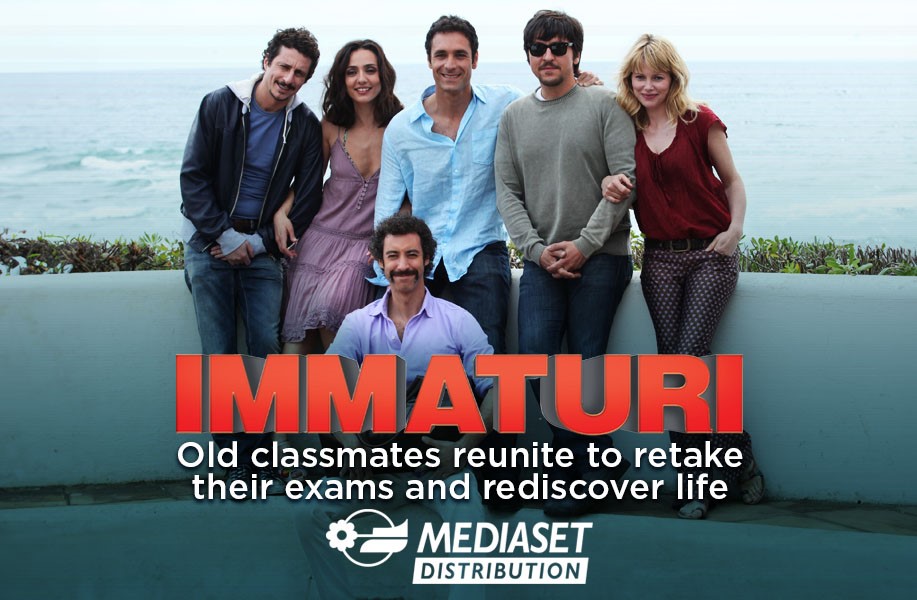The theme of the discussion was about the rising of inflation which is significantly impacting the content industry, forcing producers, broadcasters, and distributors to re-evaluate their strategies.
Hasret Ozcan, President of Inter Medya, highlighted the severe pressure on distributors of Turkish content. What was once a highly profitable distribution business now largely underpins the continuity of content production. The cost of an original Turkish episode has skyrocketed from $150,000 - $190,000 six or seven years ago to $500,000 - $600,000 today. A major concern is the disparity between dollar inflation rates and the Turkish inflation rate, which are not moving in parallel. Despite these challenges, the strong international appeal and successful global airing of Turkish content offer a crucial advantage.
Katarina Pavlović, Program Director at Prva TV and B92, shared how broadcasters are adapting. To mitigate costs, they are increasing the production of studio-based talk shows. More significantly, for the past three years, they've been developing original content to secure long-term revenue through intellectual property (IP ownership). This strategic shift allows them to recoup investments over a longer period, making it a more cost-effective approach than licensing content with limited IP rights. Pavlović also emphasized the growing importance of co-production models.
Frank Spotnitz, CEO & Executive Producer at Big Light Productions, representing smaller UK-based production companies, underscored the unprecedented pressure to "do more for less." His company, involved in European co-productions, recently shot a Swedish science fiction series, We Come in Peace, in Lithuania, despite it being set in Stockholm. This decision was driven by the availability of tax credits and lower production costs in Lithuania. Spotnitz highlighted the critical need for reliable tax schemes, lamenting the lottery-like nature of some incentive programs, such as those in Sweden and California, which can be a significant deterrent to production. The exodus of production from California for 25 years due to inadequate incentives was cited as an "unconscionable" failure to keep pace with global competition.
Saar Dor, COO & CFO at Keshet International, articulated the harsh reality for distributors: production costs have risen, but channel budgets have remained stagnant. This creates a significant deficit that distributors like Keshet International must cover, making them increasingly reliant on international sales. Dor shared an example of a show whose production budget has doubled, necessitating creative solutions. With no television tax incentives in Israel, Keshet International has resorted to multi-country productions (e.g., India, Georgia, and Israel) to leverage available incentives and manage the high deficit financing. Their success now heavily depends on strong international distribution.
Hasret Ozcan, President of Inter Medya, highlighted the severe pressure on distributors of Turkish content. What was once a highly profitable distribution business now largely underpins the continuity of content production. The cost of an original Turkish episode has skyrocketed from $150,000 - $190,000 six or seven years ago to $500,000 - $600,000 today. A major concern is the disparity between dollar inflation rates and the Turkish inflation rate, which are not moving in parallel. Despite these challenges, the strong international appeal and successful global airing of Turkish content offer a crucial advantage.
Katarina Pavlović, Program Director at Prva TV and B92, shared how broadcasters are adapting. To mitigate costs, they are increasing the production of studio-based talk shows. More significantly, for the past three years, they've been developing original content to secure long-term revenue through intellectual property (IP ownership). This strategic shift allows them to recoup investments over a longer period, making it a more cost-effective approach than licensing content with limited IP rights. Pavlović also emphasized the growing importance of co-production models.
Frank Spotnitz, CEO & Executive Producer at Big Light Productions, representing smaller UK-based production companies, underscored the unprecedented pressure to "do more for less." His company, involved in European co-productions, recently shot a Swedish science fiction series, We Come in Peace, in Lithuania, despite it being set in Stockholm. This decision was driven by the availability of tax credits and lower production costs in Lithuania. Spotnitz highlighted the critical need for reliable tax schemes, lamenting the lottery-like nature of some incentive programs, such as those in Sweden and California, which can be a significant deterrent to production. The exodus of production from California for 25 years due to inadequate incentives was cited as an "unconscionable" failure to keep pace with global competition.
Saar Dor, COO & CFO at Keshet International, articulated the harsh reality for distributors: production costs have risen, but channel budgets have remained stagnant. This creates a significant deficit that distributors like Keshet International must cover, making them increasingly reliant on international sales. Dor shared an example of a show whose production budget has doubled, necessitating creative solutions. With no television tax incentives in Israel, Keshet International has resorted to multi-country productions (e.g., India, Georgia, and Israel) to leverage available incentives and manage the high deficit financing. Their success now heavily depends on strong international distribution.


_13065.png)











